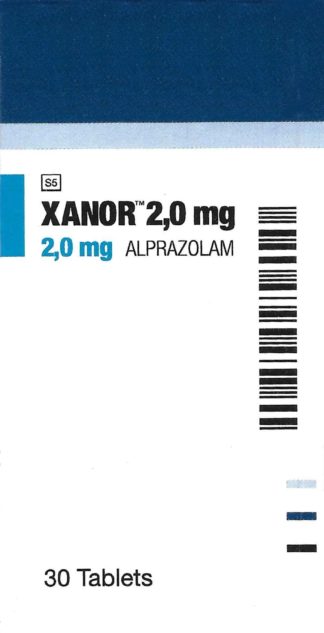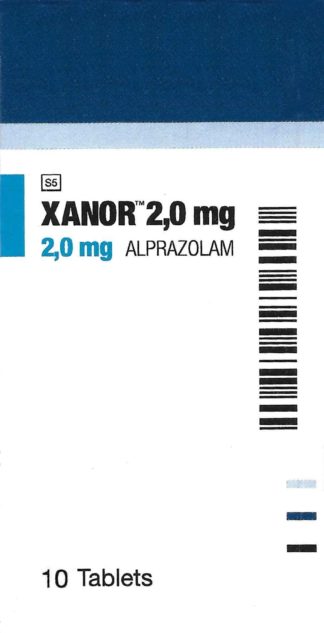Description
Amitriptyline is a tricyclic antidepressant. Different doses of this medicine help in treating and preventing different problems such as depression, neuropathic pain, and migraine.
Tamitriplyline is normally taken before bedtime because it can make you feel sleepy. It can be taken with or without food. The dose and how often you need to take it will be decided by your doctor so that you get the right amount to control your symptoms. The initial dose should be increased with great caution under close supervision. This medicine may not work straight away and it could be several weeks before you get the full effects.
How long you need to use it will depend on what you are taking it for, but it is important to continue taking this medication even if you feel well. Do not stop taking the medicine suddenly without talking to your doctor. Stopping the medicine suddenly can worsen your conditions or cause other symptoms. Your dose may be modified or gradually decreased before stopping the medication.
The most common side effects of this medicine include nausea, constipation, sweating, dry mouth, sleepiness, tremor, dizziness, headache, speech disorder, accommodation disorder, palpitations, increased heart rate, orthostatic hypotension, and nasal congestion. It may also make you aggressive or confused and can lead to weight gain in some people. This medicine is not addictive, but you can experience additional side effects (withdrawal symptoms) if you stop taking it suddenly. Most of the common side effects tend to be mild. Your doctor may be able to suggest ways of preventing or reducing side effects if they bother you or do not go away. Serious side effects associated with this medicine are rare.
USES OF AMITRIPTYLINE
Depression
Can be described as feeling sad, unhappy, hopelessness or lack of energy. The person having depression loses pleasure in activities that used to give joy in past. Even trivial daily routines like eating lacks interest. Depressed people feel completely unmotivated.
Neuropathic pain
Is pain caused by damage or disease affecting the sensory nerves. The damaged nerve can cause dysesthesia (altered or abnormal sensations) or allodynia (pain to stimuli that don’t normally cause pain). The pain may be continuous and/or intermittent. It may be felt as a tingling, prickling, stabbing or burning pain.
Migraine
Migraine is a benign and recurring syndrome of headache associated with other symptoms of neurologic dysfunction which includes sensitivity to light, sound, or movement. It is the second most common cause of headache, afflicting approximately 15% of women and 6% of men.
BENEFITS OF AMITRIPTYLINE
In Depression
Amitriptyline works by affecting the balance of certain chemicals (such as serotonin) in the brain. It helps improve mood and feelings of well-being, relieve anxiety and tension, helps you sleep better, and increase your energy level. Amitriptyline is readily absorbed and starts action within approximately 6 hours of taking it orally (by mouth). It is an effective antidepressant but may cause drowsiness. You need to take it regularly as it is prescribed for it to be most effective and should not stop taking it suddenly.
In Neuropathic pain
AMITriptyline helps in relieving neuropathic pain caused by nerve damage in certain conditions. These may include painful diabetic neuropathy, post-herpetic neuralgia, or spinal cord disease. It works by affecting chemicals in the brain called neurotransmitters. By relieving pain, it helps improve your quality of life.
In Migraine
Amitriptyline helps prevent migraines by changing the way that your nerves receive pain signals. By preventing and reducing the frequency of headaches, it can help you carry out your daily activities and have a better quality of life.
SIDE EFFECTS OF AMITRIPTYLINE
Most side effects do not require any medical attention and disappear as your body adjusts to the medicine. Consult your doctor if they persist or if you’re worried about them.
Common side effects of Amitriptyline:
- Constipation
- Dryness in mouth
- Increased heart rate
- Orthostatic hypotension (sudden lowering of blood pressure on standing)
- Weight gain
- Aggressive behavior
- Nasal congestion (stuffy nose)
- Sleepiness
- Sweating
- Dizziness
- Headache
- Nausea
- Tremor
- Speech disorder
- Accommodation disorder
- Palpitations
- Decreased libido
- Difficulty in paying attention
HOW TO USE AMITRIPTYLINE
Take this medicine in the dose and duration as advised by your doctor. Swallow it as a whole. Do not chew, crush or break it. Amitriptyline may be taken with or without food, but it is better to take it at a fixed time.
HOW AMITRIPTYLINE WORKS
Amitriptyline, is a tricyclic antidepressant. It has anticholinergic and sedative properties. It prevents the reuptake, and hence the inactivation of neurotransmitters called noradrenaline and serotonin, that are present at the nerve terminals in our brain. Reuptake prevention of these monoamine neurotransmitters potentiate their action in the brain. This appears to be associated with the antidepressant activity and helps in regulating the mood. It also stops the transmission of pain signals from nerves to the brain thereby relieving neuropathic pain (pain from damaged nerves).
SAFETY ADVICE

Alcohol
UNSAFE
It is unsafe to consume alcohol with Amitriptyline

Pregnancy
CONSULT YOUR DOCTOR
Amitriptyline may be unsafe to use during pregnancy. Although there are limited studies in humans, animal studies have shown harmful effects on the developing baby. Your doctor will weigh the benefits and any potential risks before prescribing it to you. Please consult your doctor.

Breastfeeding
CONSULT YOUR DOCTOR
Amitriptyline is probably unsafe to use during breastfeeding. Limited human data suggests that the drug may pass into the breast milk and harm the baby. Please consult your Doctor.

Driving
UNSAFE
Amitriptyline may impair your alertness which could affect your ability to drive.

Kidney
SAFE IF PRESCRIBED
Amitriptyline is probably safe to use in patients with kidney disease. Please consult your doctor.

Liver
CAUTION
Amitriptyline should be used with caution in patients with liver disease.
Use of Amitriptyline is not recommended in patients with severe liver disease. Please consult your doctor.






